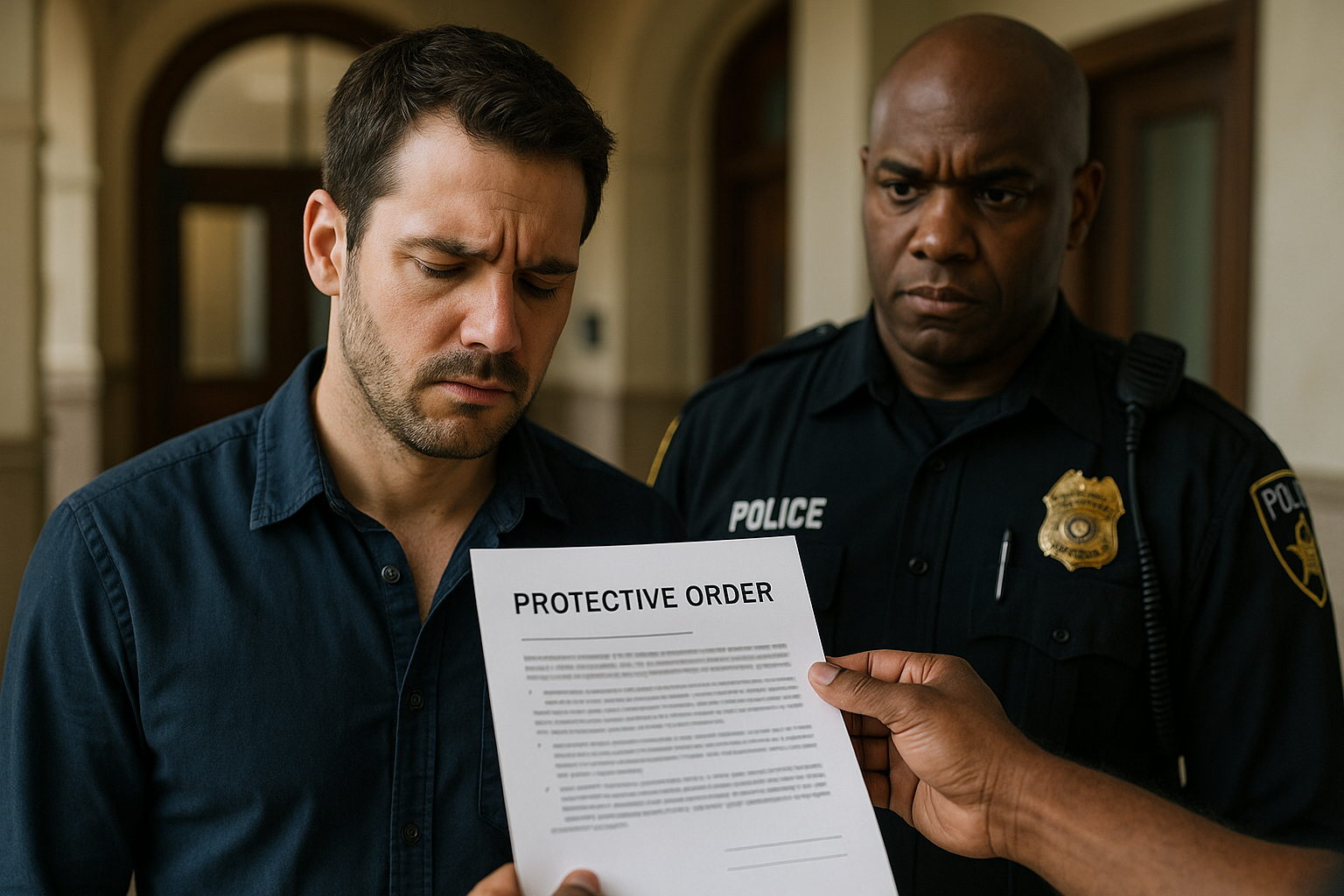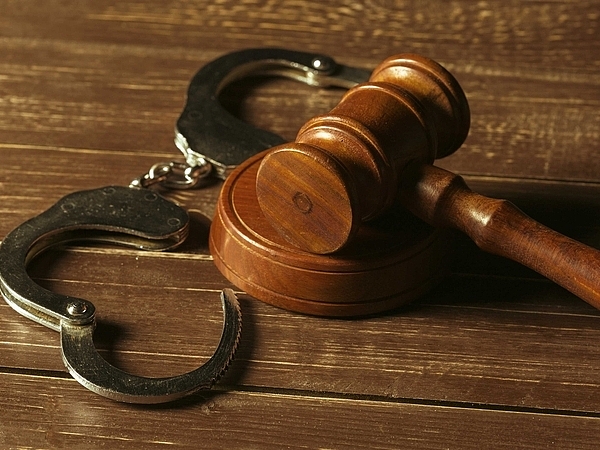What Are the Consequences of Bail Jumping in Texas?
In Texas, bail jumping is classified as a Class A misdemeanor. If someone is charged with bail jumping, they could face fines of up to $4,000 and up to one year in jail. Additionally, a person can be held in custody for an unspecified period until the court has determined that they are not likely to flee again or fail to appear in court.
Furthermore, if a person fails to appear in court after being released on bond, the judge may revoke their bond and issue an arrest warrant. Even if the person eventually appears at their trial or hearing later, they may still face contempt charges and other penalties like additional fines or jail time depending on how long it took for them to return to court and how serious their crime is. Additionally, if a person is charged with bail jumping, it could affect their other criminal cases or any current probation or parole status they may have.
The consequences of bail jumping in Texas can be severe and should not be taken lightly. If someone finds themselves facing charges for failing to appear in court after being released on bond, they should seek legal advice from a qualified criminal defense attorney as soon as possible. Understanding the potential penalties associated with bail jumping can help them make informed decisions about their case and ensure that their rights are protected throughout the process.
The consequences of bail jumping in Texas can have a long-lasting impact on someone’s life. It may result in hefty fines and possible jail time, as well as an arrest warrant being issued if the person fails to appear for their court date. Even if the person returns to court later, they could still face additional charges or penalties depending on how serious their crime is and how long it took them to return. Additionally, bail jumping could also affect other criminal cases or any probation or parole status a person might have.
With the potential consequences of bail jumping in mind, those facing such charges must seek legal counsel right away. A qualified criminal defense attorney will be able to provide insight into the situation and help ensure that the person’s rights are properly protected throughout the process. Knowing the potential consequences of bail jumping can help someone make an informed decision about their case and give them the best chance for a successful outcome.
What Is “Bail Jumping”?
Under Texas criminal law, bail jumping is a type of offense in which an individual accused of a crime fails to appear at their court date as ordered. Bail jumping, also known as “jumping bail”, occurs when someone who has been released from custody on bond or through other means fails to show up for the scheduled court appearance. This failure could be intentional or unintentional; if it is intentional and willful, the defendant can be charged with bail jumping.
The consequences of bail jumping are serious. If found guilty of this offense in Texas, a person may face fines up to $10,000 and/or jail time of up to two years. Additionally, any bonds posted by friends or family members may also be forfeited. If a person is accused of bail jumping, they should consult with an experienced criminal defense attorney to understand the situation and plan their next steps.
To prove that someone has committed bail jumping, prosecutors must demonstrate beyond a reasonable doubt that the defendant was aware of their court date, knew they were still liable for their original offense, and intentionally failed to appear in court as ordered.
Furthermore, if it can be proven that the defendant provided false information when posting a bond or making other arrangements with the court, they could face additional charges related to falsifying documents. Defendants need to note that even if they have not yet been formally charged with a crime or issued a warrant for their arrest at the time of their missed court appearance, they may still be found guilty of bail jumping.
The best way to avoid being charged with bail jumping is to appear in court as ordered and not make any false statements regarding one’s whereabouts or intentions. If a person cannot make their scheduled court date, they should contact their attorney immediately to work out an acceptable solution.
Current Statutes for Bail Jumping
When it comes to bail-jumping cases in Texas, the state statutes and laws that must be followed are laid out in the Texas Code of Criminal Procedure. These laws apply to both felony and misdemeanor charges, with the punishments for violating them varying depending on the severity and type of charge.
In terms of felonies, if a defendant fails to appear after posting bail or entering into any other form of the pre-trial release agreement, they can face an additional second-degree felony charge known as “Bail Jumping” (Sec. 38.10). The punishment for this offense includes imprisonment in state prison for two years up to 20 years as well as a fine not to exceed 10,000 dollars (Sec. 12.33).
In terms of misdemeanors, if a defendant fails to appear after posting bail or entering into any other form of the pre-trial release agreement, they can face an additional Class A misdemeanor charge called “Bail Jumping” (Sec. 38.11). The punishment for this offense includes confinement in jail for up to one year as well as a fine not to exceed 4,000 dollars (Sec. 12.21).
Additionally, the court may also issue an arrest warrant when a defendant fails to appear at their scheduled court date or comply with the conditions of their bond agreement (Sec. 17.10). An arrest warrant permits law enforcement officers to take the defendant into custody and bring them before the court to answer for their alleged crime.
In any case, it is important to remember that bail jumping is a serious offense and can be punishable by both jail time and hefty fines. The laws outlined in the Texas Code of Criminal Procedure must be followed closely whenever an individual has posted bail or entered into any other form of pre-trial release agreement.
Failure to do so could lead to an additional charge of “Bail Jumping” which carries stiff penalties depending on the severity of the underlying offense. It is in everyone’s best interest to comply with all legal requirements when it comes to bail-jumping cases in Texas.
How Can a Criminal Defense Attorney Help Me in My Texas Bail Jumping Case?
A Texas criminal defense attorney can provide critical guidance and support for someone accused of bail jumping. They can ensure that the defendant’s rights are protected throughout the legal process and advise them on the best course of action. Additionally, they may be able to negotiate a plea agreement or reduce charges if necessary.
For example, if a defendant is charged with bail jumping in Texas, their attorney may be able to help them remain out of jail by negotiating with prosecutors to lower the charges or request alternative sentencing such as probation or community service.
The lawyer will also work tirelessly to challenge any evidence presented against their client and protect their right to due process during the entire proceedings. In addition, they may review all court documents related to the case and evaluate their client’s prior criminal record.
Finally, a Texas criminal defense attorney can provide advice and assistance to the defendant and their family throughout the legal process. They can also help them understand their charges, discuss potential defenses and strategies, and navigate the complexities of Texas law. Ultimately, an experienced lawyer can be essential in helping a defendant successfully navigate the system while protecting their rights at every step along the way.
It is important to remember that bail jumping is a serious offense in Texas, and those who are charged should seek experienced legal assistance as soon as possible. A competent criminal defense attorney can make all the difference in helping a defendant secure the best possible outcome for their case.
They can provide invaluable guidance and support throughout the entire process and ensure their client’s rights are protected every step of the way. Taking the time to find an experienced and reliable lawyer can be essential in achieving a successful resolution in any criminal matter.
By engaging the services of an experienced criminal defense attorney, defendants facing charges related to bail jumping in Texas can rest assured that they will have access to critical advice from someone with experience in navigating the complex landscape of criminal law. With the right legal assistance, defendants can be confident that their rights will be protected and that they have the best chance of achieving a successful outcome.
How To Avoid Bail-Jumping Charges?
If someone has been charged with bail jumping in the state of Texas, they should take certain steps to avoid further charges.
First and foremost, individuals must make sure that they attend all court hearings and other mandatory appointments as required by their bail terms. This includes any upcoming court dates or meetings with probation officers, if applicable.
It is important not to miss any scheduled appointments; failure to show up can result in a warrant being issued for the person’s arrest which could increase the consequences of their original charge. If an individual cannot attend an appointment due to illness or another legitimate reason, it is best to contact the court and inform them before the scheduled date.
In addition, individuals should remain aware of any changes to their bail terms, such as the addition of a curfew or travel restrictions. Those charged with bail jumping should remain in compliance with any orders imposed upon them by the court.
Finally, individuals should strive to avoid any type of criminal activity while out on bail. Even minor violations such as traffic citations can be seen as an indication of non-compliance and can cause more serious consequences down the line. It is best to stay away from all illegal activities while awaiting trial.
By following these steps, those charged with bail jumping in Texas may be able to avoid further charges and associated penalties. However, it is important to note that every individual’s situation is unique; if someone has questions regarding their specific case, they should consult a criminal defense attorney as soon as possible.
By taking the appropriate steps and staying informed, individuals charged with bail jumping in Texas can help ensure they remain in compliance with their court orders and avoid any additional consequences.
‹ Back














